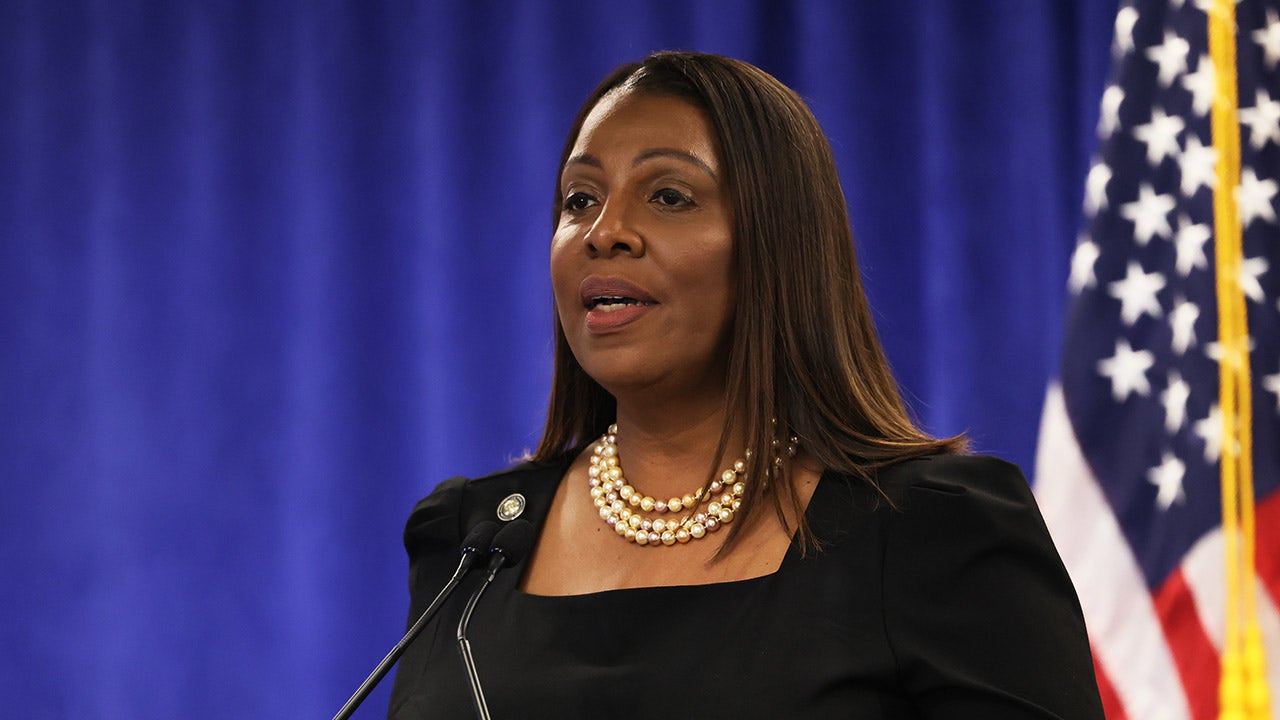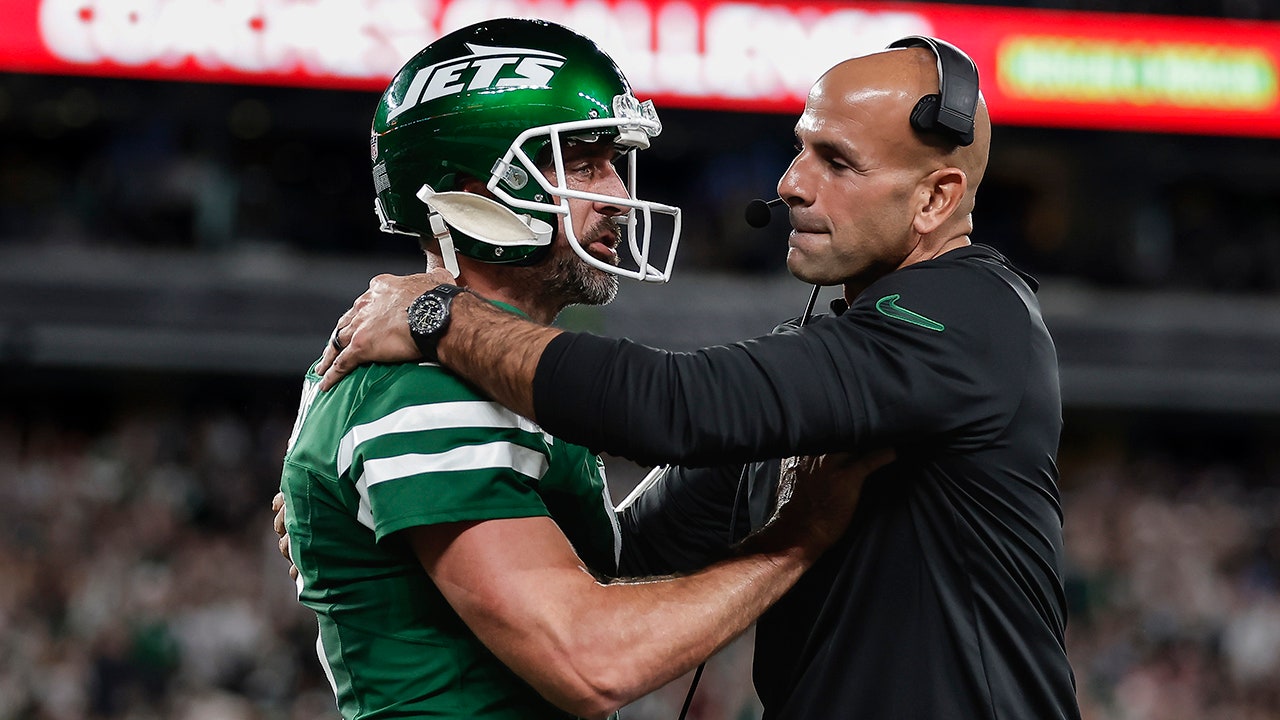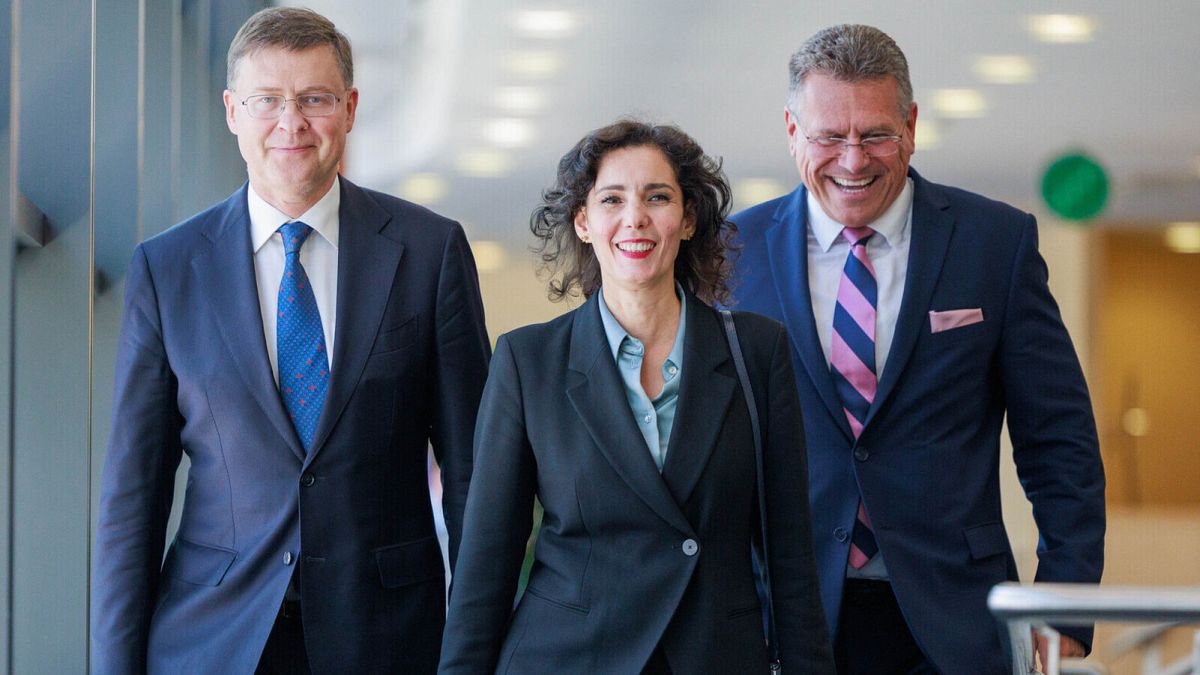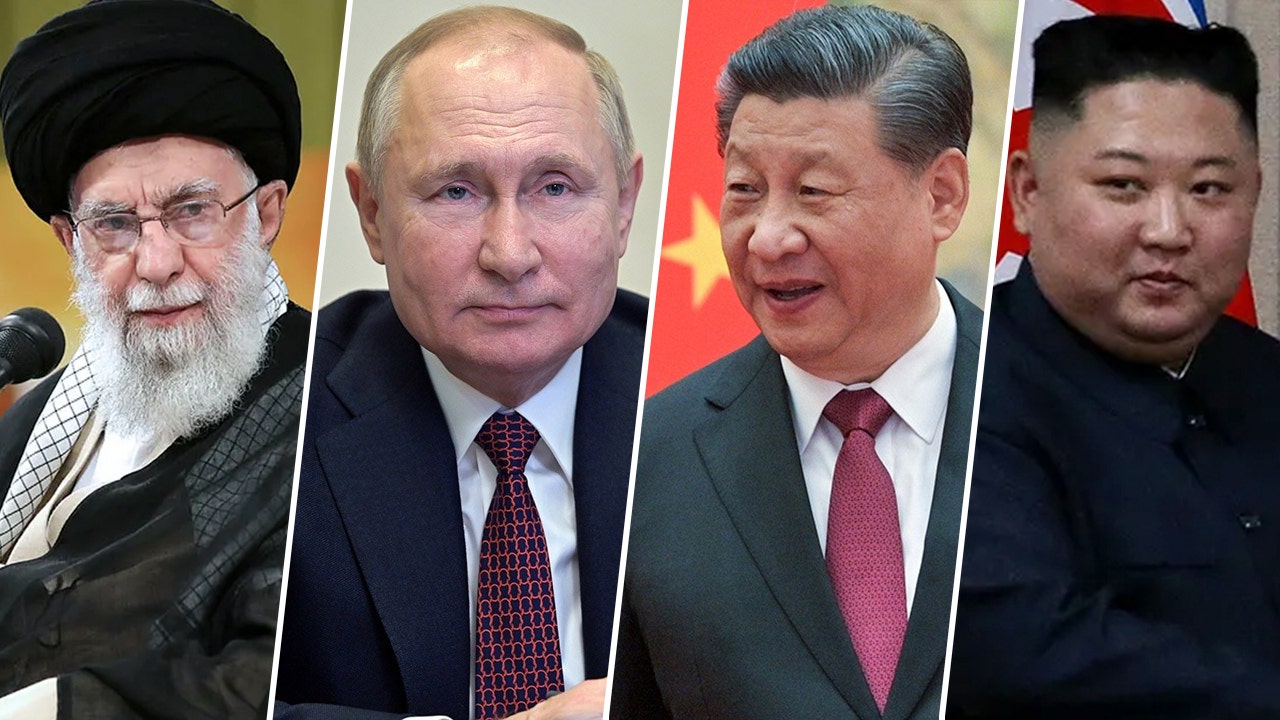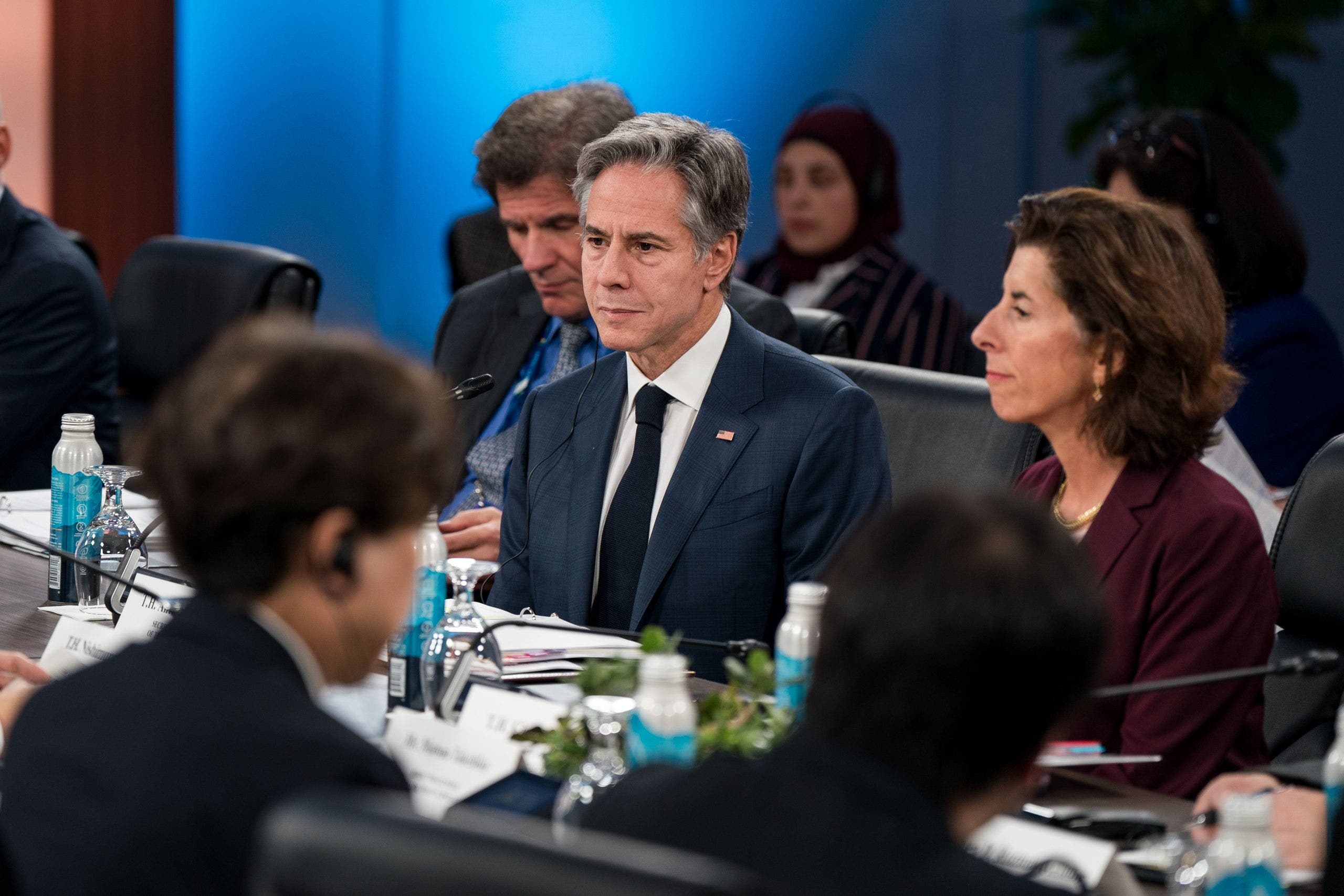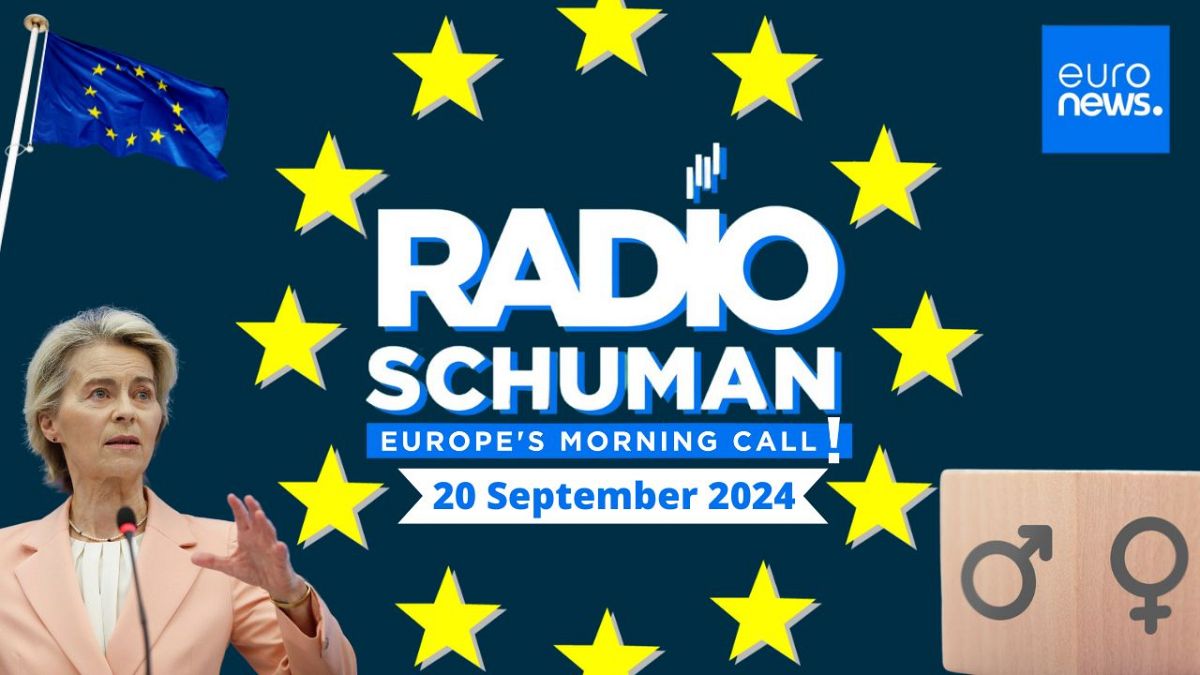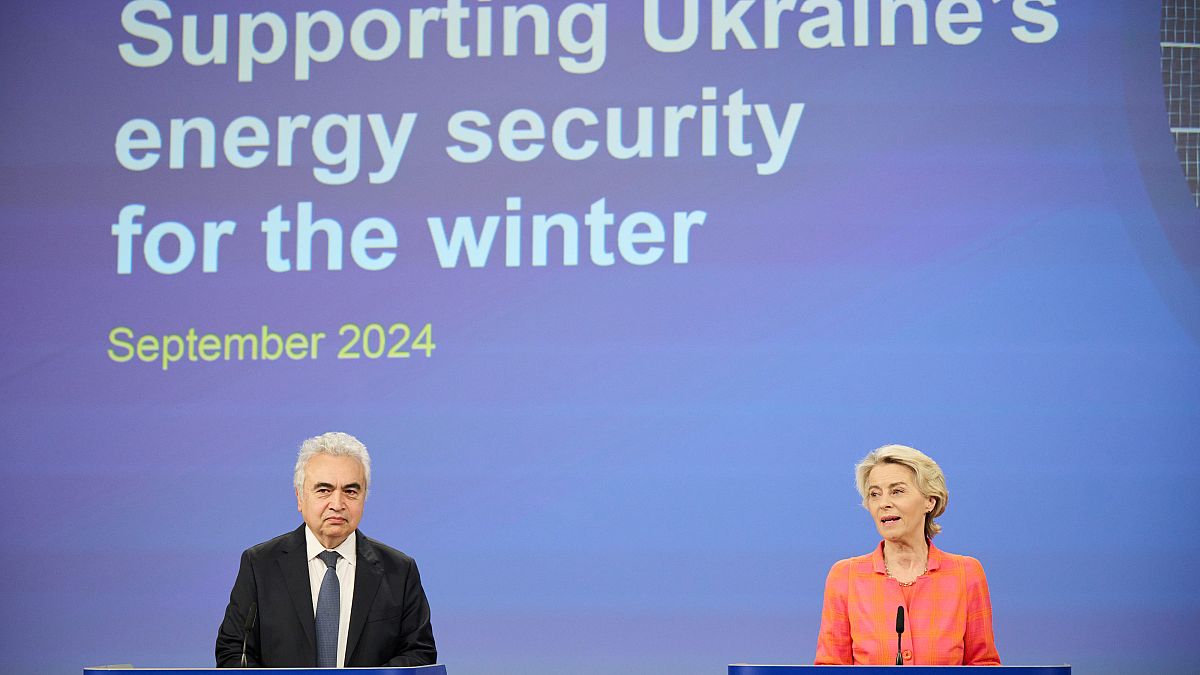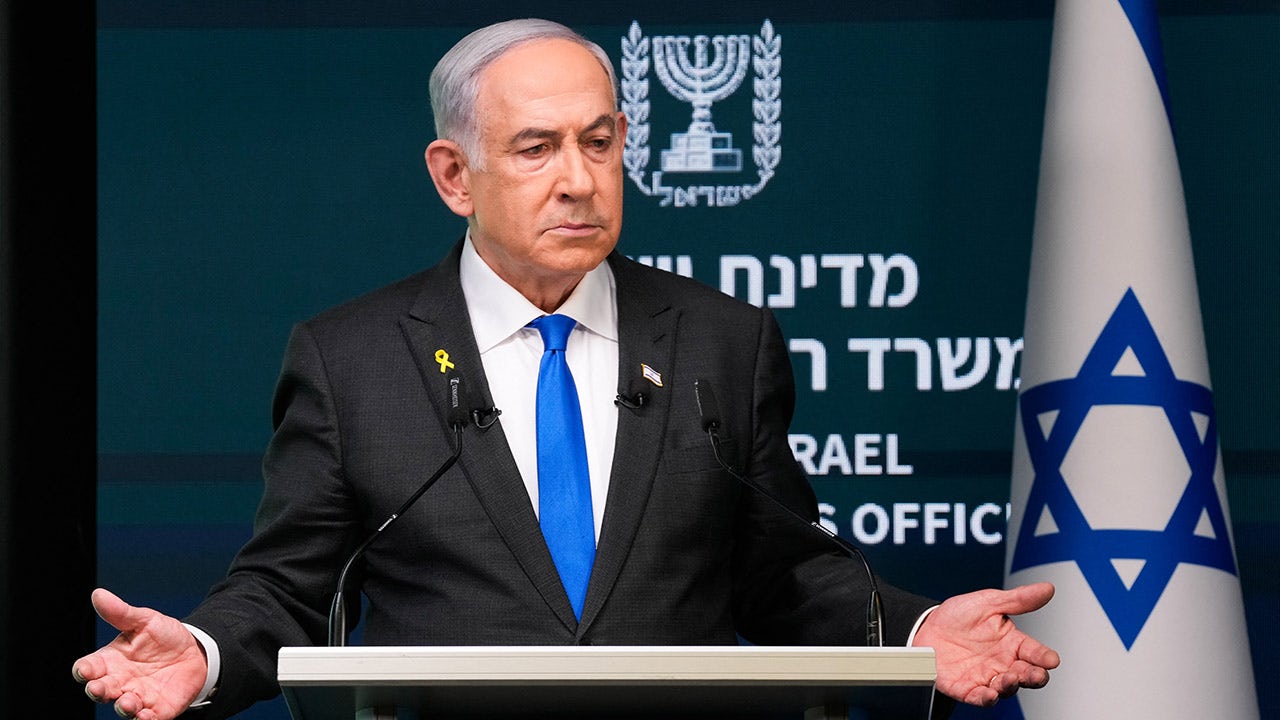Political leaders have said the European Parliament will show its teeth when holding nominees to account.
Ursula von der Leyen has cast the 26 European Commissioner nominees in their new roles, but they have plenty of hoops to jump through before they can take up their new jobs.
The bloc’s only directly-elected institution, the European Parliament, will now launch the process of legally screening candidates before they are publicly grilled by its lawmakers.
It means plenty of opportunities to uncover skeletons in the nominees’ cupboards.
Personal controversies, divisive political stances, conflicting interests or lacking competence have all in the past led to lawmakers voting down nominees. The parliament is now more polarised and politically fractured than ever before, raising the stakes of the hearings.
But urgency to get the new ‘college’ of Commissioners up and running as soon as possible could force lawmakers to climb down from politically-motivated objections.
“On paper, it’s possible for the next college to start on November the first,” a senior Commission official said. “The European Parliament wants time to scrutinise but at the same time it wants a fast process.”
The official added that the spectre of Donald Trump’s re-election in November, and fears this could jeopardise Western support to Ukraine, is injecting more urgency among certain pro-European factions of the parliament.
Euronews breaks down the weeks-long process ahead before the next College of Commissioners can kick off its work:
Conflicts of interest
The 26 nominees will first have to fill in and submit conflict of interest forms outlining any previous jobs, side-gigs or financial assets that may hinder them from freely carrying out their role.
All of their financial assets – such as shares, bonds, loans and investment accounts – must be declared, as well as those of their partners and children where they can be considered to put their impartiality at risk.
The parliament’s legal affairs (JURI) will screen all 26 declarations in a gruellingly tight timeframe of 24 to 48 hours. It must then write a letter confirming the absence of conflicts for each candidate before they can move on to their hearings.
But lawmakers have no investigative powers to probe further if they feel declarations lack substance, and can base their assessments solely on what is included in those declaration forms. The forms also pass through the hands of the Commission before they land on JURI lawmakers’ desks.
If they do suspect misreporting, they can convene candidates to be questioned by committee members.
While often overlooked as a legal formality, candidates could fall at this stage of the scrutiny process.
In 2019, Hungary’s pick László Trócsányi was shown the door by the JURI committee after failing to declare interests in a private law firm he founded. Romania’s Rovana Plumb also fell when the committee found discrepancies, in the value of some €800,000, between her declaration of assets at home and in the EU.
The parliamentary grilling
Candidates who survive the legal screening will move on to be publicly questioned in a parliamentary hearing – an opportunity for democratically-elected MEPs to grill them over their experiences, competences and commitment to their new briefs.
Commissioner-designates with a clearly delineated brief could be heard by a single committee, as was the case for 15 of the 26 Commissioners nominated back in 2019.
But the new structure unveiled by von der Leyen for the next five-year term includes sweeping portfolios touching on several bits of policy, a deliberate move to get rid of “rigid stovepipes” and create a more “interactive and inter-linked structure.”
It means Commissioners with a more complex brief can be quizzed in a ‘joint’ committee structure. If a Commissioner’s portfolio is mainly handled by one committee and partly by others, one committee will lead the hearing and invite others to participate as ‘invited’ committees.
The decision on which committee interrogates which candidates lies with the parliament’s political leaders, who first consult with the committee chairs.
This is how the process is expected to pan out:
- Before the hearings, candidates submit written replies to a raft of questions posed by the committees.
- The hearing typically lasts three hours, but can stretch to four.
- The committee chair(s) and political coordinators then convene immediately after the hearing and must decide whether to approve or reject the candidate within 24 hours (two thirds of the committee need to back the candidate for a positive verdict).
While hearings are notoriously gruelling, the success rate is generally high. This time though, centrist groups are cautious that the executive’s door has been flung open to ultraconservatives.
Expect tough cross-examination for Meloni’s hard-right pick Raffaele Fitto, nominated to an executive vice-presidency, and for Magnus Brunner of Austria – the bloc’s migration hardliner and Schengen hawk – who has been handed the home affairs and migration portfolio.
Final formalities
After all members of the college have been approved, von der Leyen is expected to formally present her team before the European Parliament’s plenary.
The entire college will be put up to a vote, with a majority of the votes cast needed to appoint the full team.
With so many opportunities for disruption along the way, that vote could be delayed up until the very end of this year, leaving the nominated team, for now, in limbo.
Read the full article here



